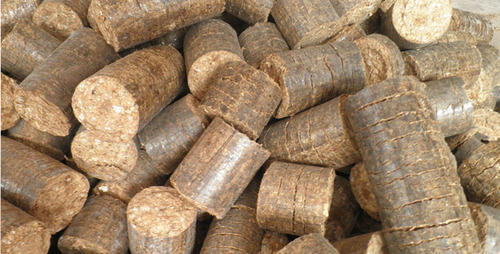Project Report For White Coal Manufacturing
Introduction
Project report for White Coal Manufacturing is as follows.
White coal is a kind of fuel made by drying chopped wood over an open flame. It is not to be confused with charcoal, which is produced by carbonizing wood. Between the mid-sixteenth and late-seventeenth centuries, white coal was used in England to melt lead ore. It generates more heat than green wood but not as much as charcoal, which prevents the lead from evaporating.
In contrast to lead smelting, white coal combined with charcoal may be utilized for a variety of industrial purposes. White coal was mined in characteristic circular pits called Q-pits that had a channel. They are prevalent in South Yorkshire’s forests.
Project Report Sample On White
Coal Manufacturing
Get Completely Custom Bankable Project Report
white coal research is gaining traction as a result of a number of factors, including the growing cost of oil, natural gas, and electricity, as well as the scarcity of fossil fuels.
The aim to explore alternatives to fossil fuels and to minimise greenhouse gas emissions has sparked interest in bio-coals among energy specialists worldwide.
white coal briquette is the process of converting solid agricultural waste into high-density, energy-dense fuel briquettes.
These Briquettes, sometimes called White Coal, may be used in lieu of coal/wood in industrial boilers and brick kilns for thermal purposes.

White coal briquetting devices come in a variety of sizes and are used to convert agricultural waste into solid fuels. Briquettes are a ready-to-use coal/wood substitute for thermal applications in industrial boilers and brick kilns.
The following fundamental components combine to form The rising costs of oil, natural gas, and electricity, as well as their scarcity, are pushing the expansion of off-white coal. Global energy experts are interested in bio-coals as a potential substitute for fossil fuels and as a means of reducing greenhouse gas emissions. Argo-waste is transformed into energy-dense fuel briquettes with a high density.
These Briquettes are ready to use in industrial boilers and brick kilns as a coal/wood replacement. White Coal Briquetting plants of various sizes convert agricultural waste into solid fuels. Briquettes are pre-seasoned and ready for use in industrial boilers and brick kilns.
This concept has the potential to help rural communities flourish while also lowering greenhouse gas emissions and heating costs.
Market Potential Of White Coal Manufacturing
White coal is the primary contributor to the human-caused rise in CO2 levels in the atmosphere in the rapidly growing globe. Its environmental effect is extensive, ranging from air pollution to water scarcity and waste management to increasing land usage.
In response to rising greenhouse gas emissions, companies are looking for innovative ways to control their environmental effect and lower their production’s carbon footprint. In this essay, we will discuss bio coal as a potential replacement for fossil coals in industry, particularly in the metallurgical sector.
White coal is a carbon-neutral fuel that may be used in industrial operations in lieu of fossil coal. It is created by the controlled pyrolysis and carbonization of raw biomass at a specified temperature and residence time.
Thermal conversion of biomass, which occurs in an oxygen-free environment, allows for the removal of volatile organic molecules and cellulose components from the feedstock, resulting in a homogenous, solid biofuel with properties comparable to those of fossil coal.
Such fuels are gaining traction in carbon-intensive sectors, and the establishment of new Bio green production facilities specialised to the manufacture of white coal heralds a new era in the use of fossil-free solid fuels.
As per the IEA (2017), energy-related emissions from the iron and steel sector total around 2.3Gt CO2, accounting for approximately 7% of total global energy system emissions. Simultaneously, global steel output is expected to increase by 30% through 2050, and the industry is actively seeking ways to reduce its carbon impact.
Today, over 95% of ore-based steel is manufactured in blast furnaces that use coking coal as a reduction agent and a source of heat energy. The iron oxide is converted to metallic iron in the blast furnace using fossil carbon resources (coke, coal, etc.).
The rising cost of oil, natural gas, and electricity, along with the scarcity of fossil fuels, is propelling the expansion of bio-coal. Global energy experts are interested in bio-coals as a potential substitute for fossil fuels and as a means of reducing greenhouse gas emissions. Agro-waste is turned into energy-dense fuel briquettes with a high density.
These Briquettes are ready to use in industrial boilers and brick kilns as a coal/wood replacement. White Coal Briquetting plants of various sizes convert agricultural waste into solid fuels. Briquettes are pre-seasoned and ready for use in industrial boilers and brick kilns. This concept has the potential to help rural communities flourish while also lowering greenhouse gas emissions and heating costs.
